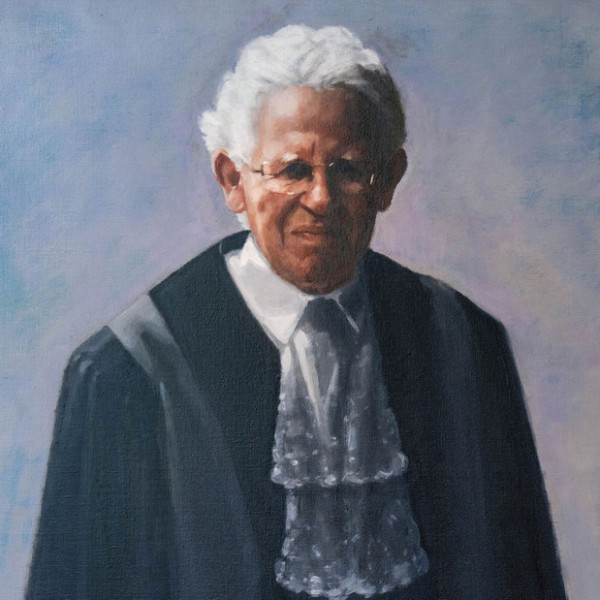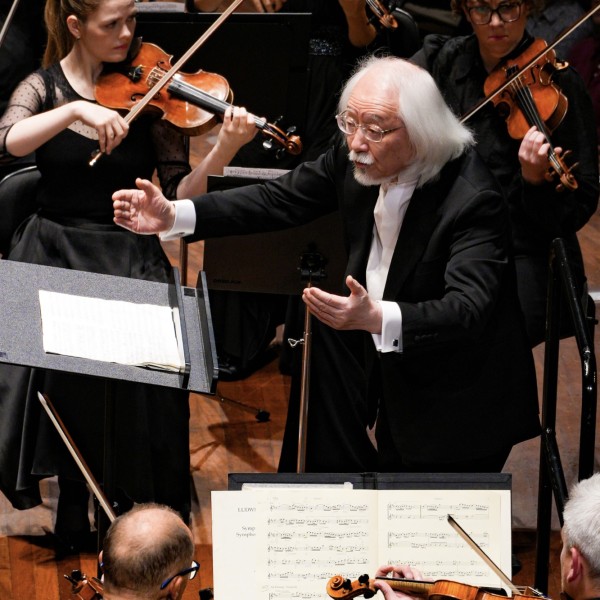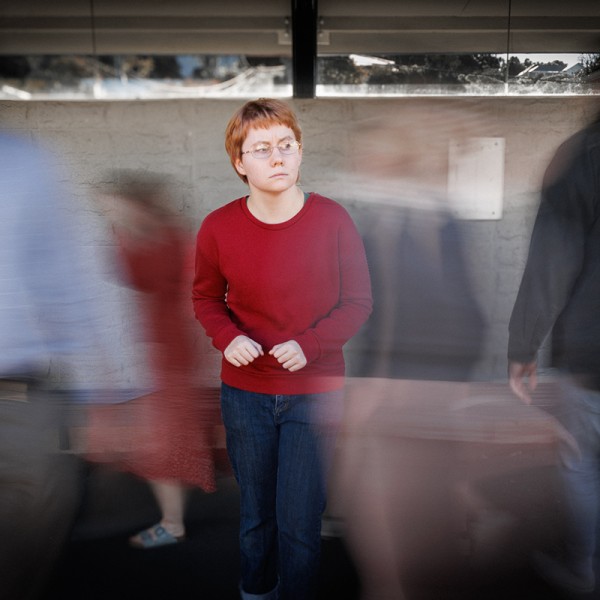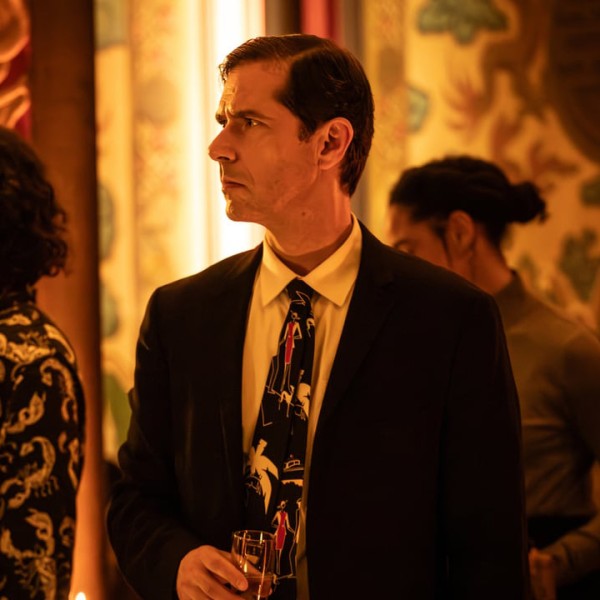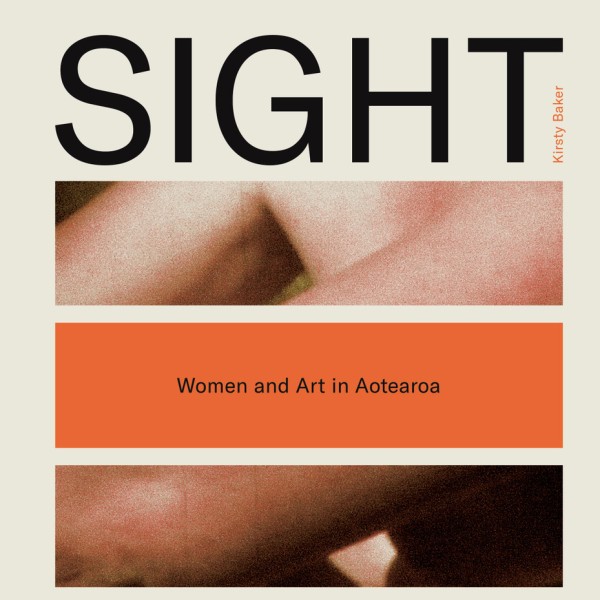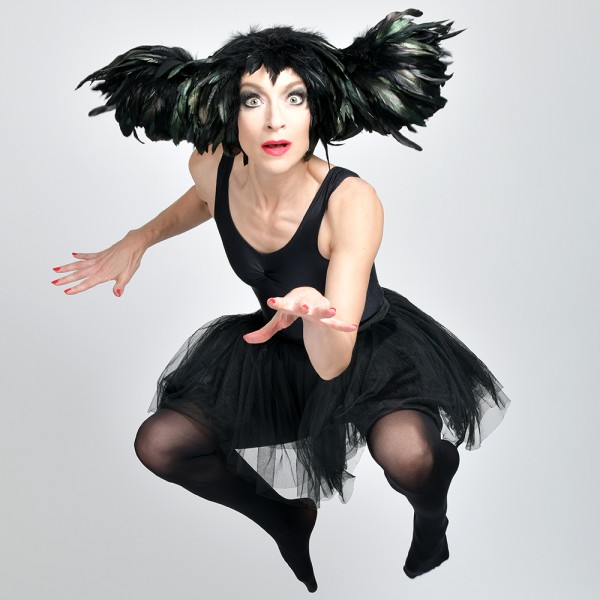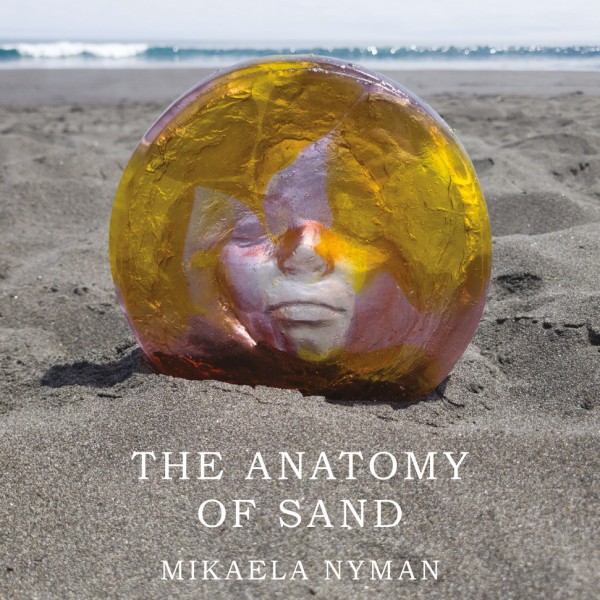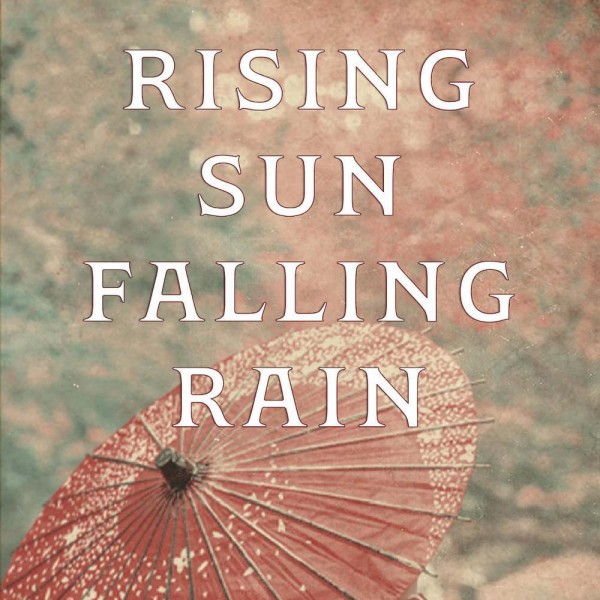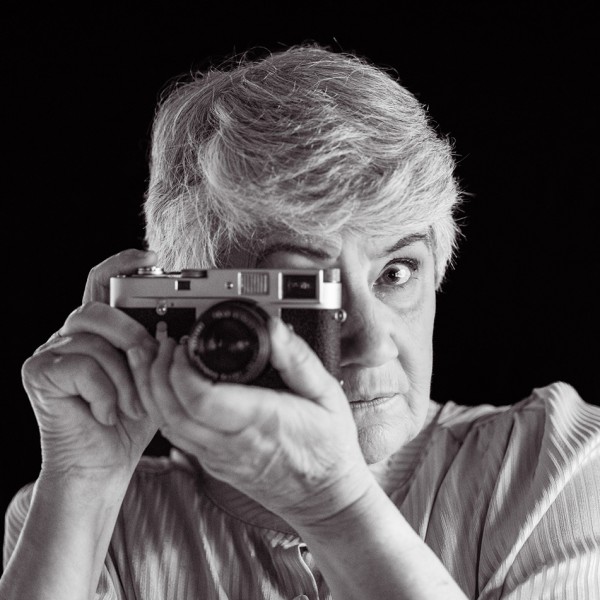
Lily Catastrophe, the multitalented comedian and cabaret aficionado, has gifted us with an encore season of her mesmerising one-woman show Bottom Surgery. From sultry stripteases to dramatic readings of diary entries, Lily uses every tool in her bedazzled box to keep the audience hooked as she shares the intimate, ridiculous, and poignant story of her medical transition and pursuit of bottom surgery in Aotearoa.
Lily’s outstanding crowd work has us eating out of her hand from the intro. Although mostly a solo show, Calum Redpath supports as stage manager, exuberant MC voiceover, and occasional reluctant side character. The show is a masterful blend of irreverence and earnestness, balancing humour with serious emotional punches. Lily navigates these contrasts through a series of cabaret numbers interspersed with skits, creating a dynamic piece with oodles of momentum. She doesn’t shy away from the more complex parts of her experiences – the times she felt doubt or the risks associated with the surgery – but she places this in a broader context and helps us to understand why trans healthcare is essential healthcare.
Lily’s use of props is fantastically funny and effective. The fundamentals of the surgical procedures are explained through the peeling and mushing of a banana, while the removal of gauze from a neo-vagina is demonstrated with endless red feather boas being drawn out of a heart-shaped box.
There are perfectly observed character acts too, such as when Lily takes on the persona of a rejection letter from the Ministry of Health. She nails the performatively caring and patronising tone, eliciting laughter and outraged gasps from the audience.
Towards the end of the performance, Lily makes an impassioned statement about the rising hostility towards trans folks, grounding the night’s absurdities with a sense of urgency and significance. Then she brings us home with a rousing singalong to Chapell Roan’s queer joy anthem Pink Pony Club.
Bottom Surgery is a testament to Lily Catastrophe’s talent, wit, and resilience. Her ability to blend humour, emotion, and social commentary makes for a powerful and unforgettable show.




